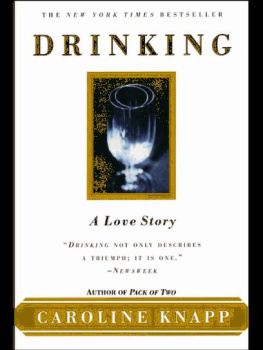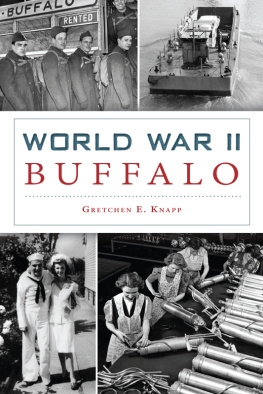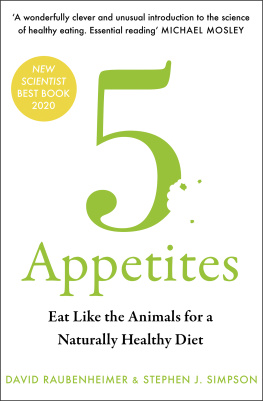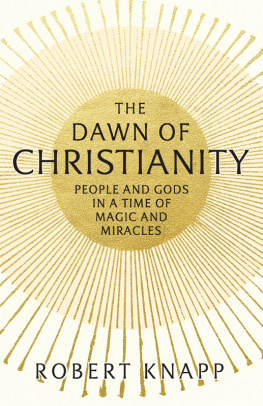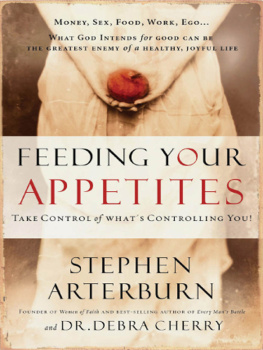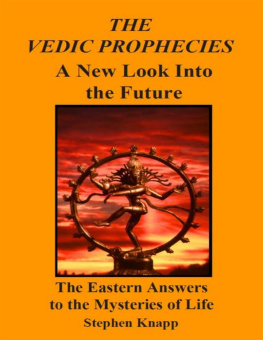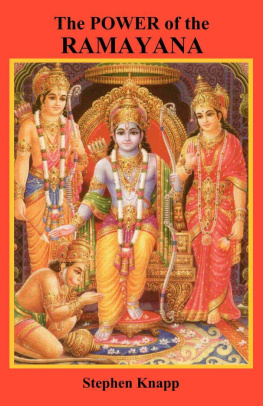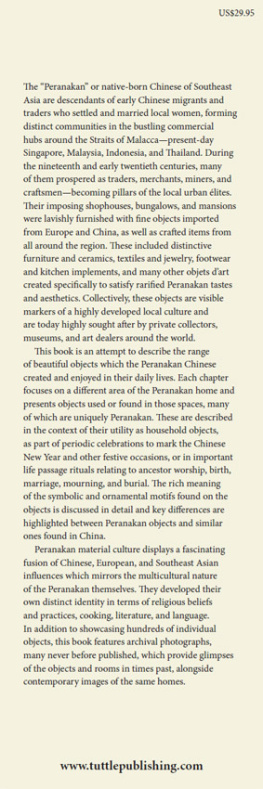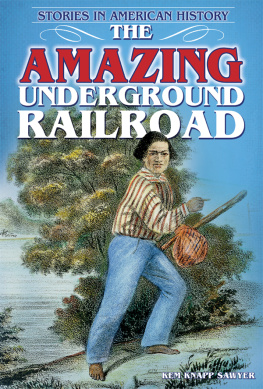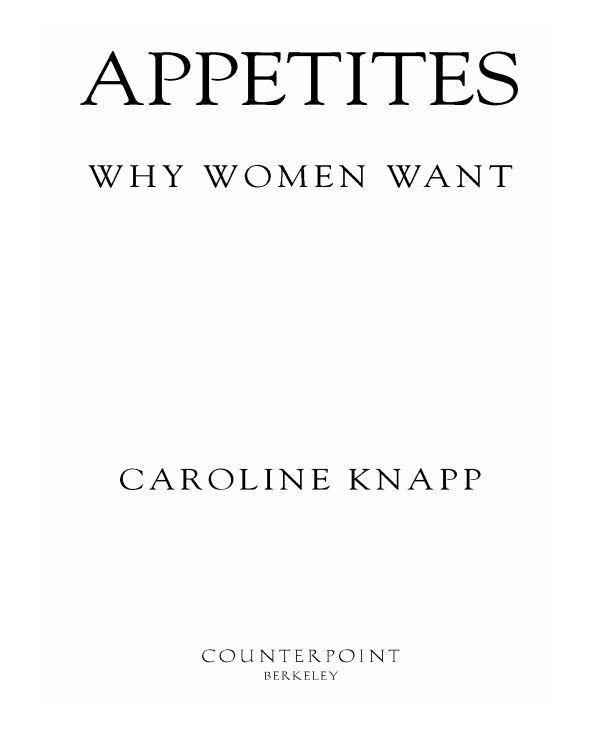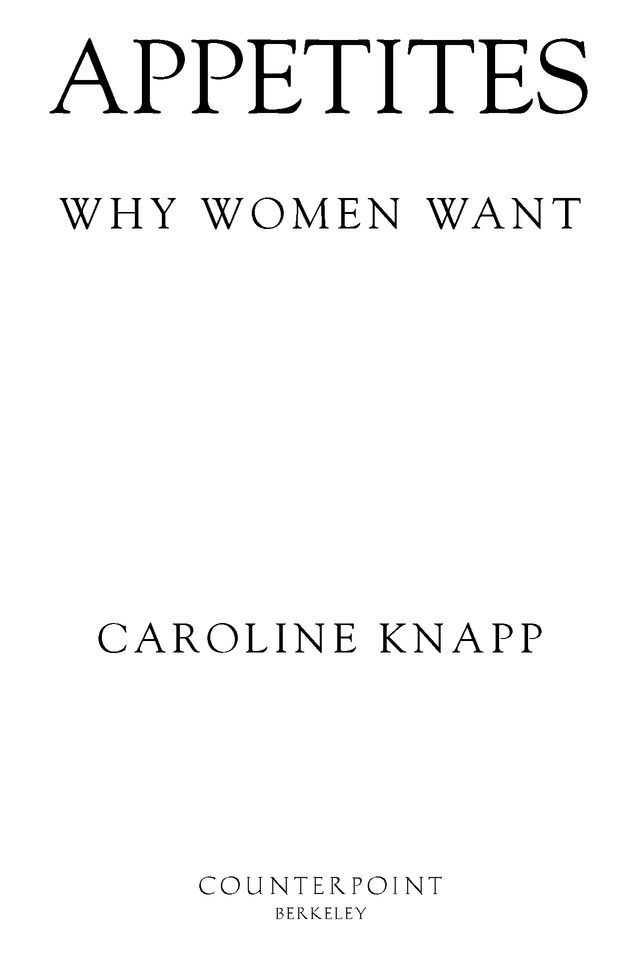Table of Contents
PRAISE FOR APPETITES BY CAROLINE KNAPP
[P]rofoundly insightful, compassionately perceptive... [Knapp] was an exceptional analyst of the female zeitgeist, one whose astute cultural observations and ruthless personal revelations leave a legacy that will resonate with women for generations to come.
BOOKLIST
Explor[es] in passionate detail what it feels like to be female.... [Knapp] uses her own experience with anorexia to talk about how American culture suppresses and perverts feminine desire.
ORGANIC STYLE
Eloquent... a skillful blend of memoir and social commentary.
BOOKPAGE
... More than one womans tragic story; multitudinous interviews with women with eating disorders, excerpts from classic feminist texts and sociological statistics lend credence and categorize the book under cultural studies as much as self-help.... Though Knapp admits its easier to worry about the body than the soul, she hopes creating a dialogue about anorexia will enable all women to nourish both.
PUBLISHERS WEEKLY
Her beautiful prose is bolstered throughout with nice anecdotes from research material and the authors personal experiences. An eloquent voice that will be missed.
KIRKUS REVIEWS
In lucid, effortless prose, Knapp explores the personal and cultural influences around appetites such as food, shopping, and sex and a womans drive for recognition and fulfillment.
LIBRARY JOURNAL (STARRED REVIEW)
Appetites is a wise, compassionate, and important book about a subject that touches all of our lives. Knapp synthesizes thirty years of important thought on food, body image, and female identity and gets even more deeply inside these issues. Her writing is frank, personal and true. Appetites is an invaluable contribution to the literature of womens inner lives.
BETSY LERNER, AUTHOR OF FOOD AND LOATHING: A LAMENT
How very sad to have lost brave Caroline Knapp, and how glorious to see her evolve whole lifetimes in the few years she was given. Read this book if you want to know why it is that women dismantle their bodies in search ofand in flight fromtheir souls.
KATHRYN HARRISON, AUTHOR OF SEAL WIFE
Caroline Knapp chose searingly difficult subjects, and wrote about them with such grace that the horrible became eerily beautiful.... Her generous honesty and gifted writing leave something that is a valuable legacy.
THE SEATTLE TIMES
In her earlier works of cultural criticism Knapp began to explore a style that wedded memoir and sociology, the personal with the political. Although those books were successful, Appetites takes her idiosyncratic method to a new level.
THE BOSTON PHOENIX
For Herzog And for Roxanne, Zo, and Hallie
ALSO BY CAROLINE KNAPP
DRINKING: A LOVE STORY
PACK OF TWO: THE INTRICATE BOND BETWEEN PEOPLE AND DOGS
ALICE KS GUIDE TO LIFE: ONE WOMANS QUEST FOR SURVIVAL, SANITY, AND THE PERFECT NEW SHOES
PROLOGUE
APPETITE BY RENOIR
THE WOMEN LINGER at the waters edge, and they are stunning in the most unusual way: large women, voluptuous, abundant, delighted. They lounge along the river bank, they lift their arms toward the sun, their hair ripples down their backs, which are smooth and broad and strong. There is softness in the way they move, and also strength and sensuality, as though they revel in the feel of their own heft and substance.
Step back from the canvas, and observe, think, feel. This is an image of bounty, a view of female physicality in which a womans hungers are both celebrated and undifferentiated, as though all her appetites are of a piece, the physical and the emotional entwined and given equal weight. Food is love on this landscape, and love is sex, and sex is connection, and connection is food; appetites exist in a full circle, or in a sonata where eating and touching and making love and feeling close are all distinct chords that nonetheless meld with and complement one another.
Renoir, who created this image, once said that were it not for the female body, he never could have become a painter. This is clear: there is love for women in each detail of the canvas, and love for self, and there is joy, and there is a degree of sensual integration that makes you want to weep, so beautiful it seems, and so elusive.
INTRODUCTION
APPETITE IN THE WORLD OF NO
ONCE UPON A TIME, in a land as different from Renoirs world as Earth is from Jupiter, I weighed eighty-three pounds. I was twenty-one years old, five-foot-four, and my knees were wider than my thighs. My normal weight is about 120 pounds, and the effort to pare off thirty-seven of thosemore than one third of my bodywas Herculean, life-altering, and, I believe, exquisitely female.
In Renoirs world, a womans appetites are imagined as rich and lusty and powerful, the core of the female being celebrated as sensual, deeply attuned to pleasure. In my worlda place that unquestionably still exists, thats inhabited with varying degrees of intensity by all too many womenappetites had a nearly opposite meaning, the body experienced as dangerous and disturbing and wrong, its hungers split off from each other, each one assigned multiple and contradictory meanings, each one loaded and fraught. This disparity eluded me at the time; had I seen a Renoir painting, I would have thought: Feh, fat women, and turned away in fear or contempt, perhaps both. For three years, I ate the same things every day: one plain sesame bagel for breakfast, one container of Dannon coffee-flavored yogurt for lunch, one apple and a one-inch cube of cheese for dinner. I ran: miles and miles, a stick-figure with a grimace. I was cold all the time, even in summer, and I was desperately unhappy, and I had no idea what any of this meant, where the compulsion to starve came from, why it so drove me, what it said about me or about women in general or about the larger matter of human hungers. I just acted, reacted.
Nearly two decades ago, at age twenty-four and hovering near ninety pounds, I started to see a therapist, a specialist in eating disorders, who began to broach the subject of appetite in ways that baffled me for a long time. The word disturbed memy associations went straight from food to loss of control to fatbut when he used it, he struck a broader chord, hints of Renoir in the undertones, as though describing a more complicated, possibly even gratifying matter of passion and sensuality and psychic hunger instead of a strictly physical issue of food. Hed use the word in strange contexts; when he questioned me about joy, for instance, or worried aloud about whether I was having enough fun in my life. I dont recall many specifics from those early meetings, only that such references seemed to hold a key of sorts, a code that one day might decipher or at least reframe the various struggles and tangles that had brought me to his office in the first place. What gave me delight? What fully engaged me, turned on all the senses? These seemed to be appetites pivotal questions in his frameworkthey had to do with what a person really hungers for, with what makes one feel truly fedand like the stubborn and recalcitrant patient I was, I found them annoying for many years, as though he were missing the point instead of illuminating it.


